When Cyberpunk 2077 came out back in 2020, to call it a disaster does a disservice to the word. There was no game in recent memory at the time that did so much damage to a previously beloved developer. Sure, No Man’s Sky was a similar trainwreck, but CD Projekt Red, the developers behind Cyberpunk 2077, made The Witcher 3, possibly the best game of its generation. That they could drop the ball so completely and with so much apparent arrogance was more than unthinkable. It was almost unforgivable. Now, though, Cyberpunk 2077 and other games have shown we’re in an era of gaming comebacks.
Phantom Liberty Brought Cyberpunk 2077 Back
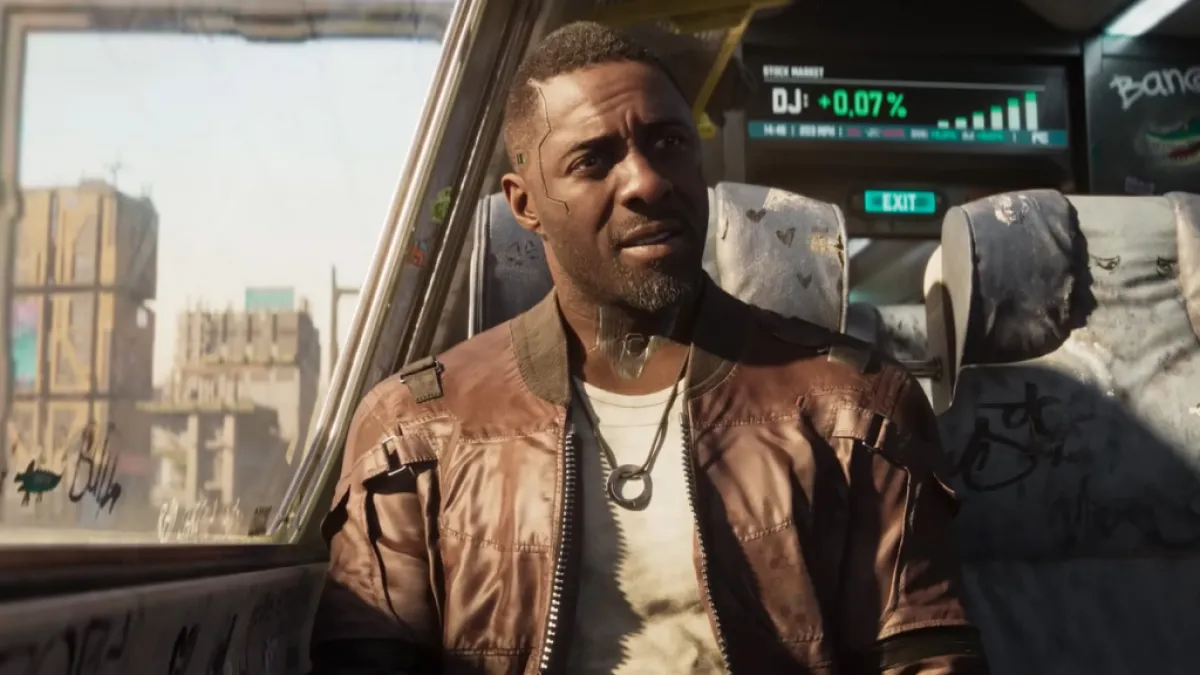
Flash forward almost three years, and the 2.0 update and Phantom Liberty brought Cyberpunk 2077 back into the cultural zeitgeist. It proved (or seemed to solidify) claims that the game has always been good, or at least it was if you could get past the massive technical flaws. Was it the second coming everyone wanted when it first came out? Not even close. But the years of work CD Projekt put into the game, as well as a stellar expansion experience, showed the brilliance the studio was known for. All it cost was $125 million and a chunk of hard-won goodwill.
Which brings me to my point: we’re in an era where gaming comebacks are possible against seemingly impossible odds. The problem that arises, however, is that not everyone gets the chance to come back. Sometimes, a flop remains just that, leaving entire companies to lie fallow until they’re unceremoniously shuttered. For those lucky enough to have the support of a dedicated community (as Cyberpunk 2077 and No Man’s Sky did) or incredibly deep pockets behind you (also like No Man’s Sky and Cyberpunk 2077).
Related: Is Cyberpunk 2077 Worth Playing Now?
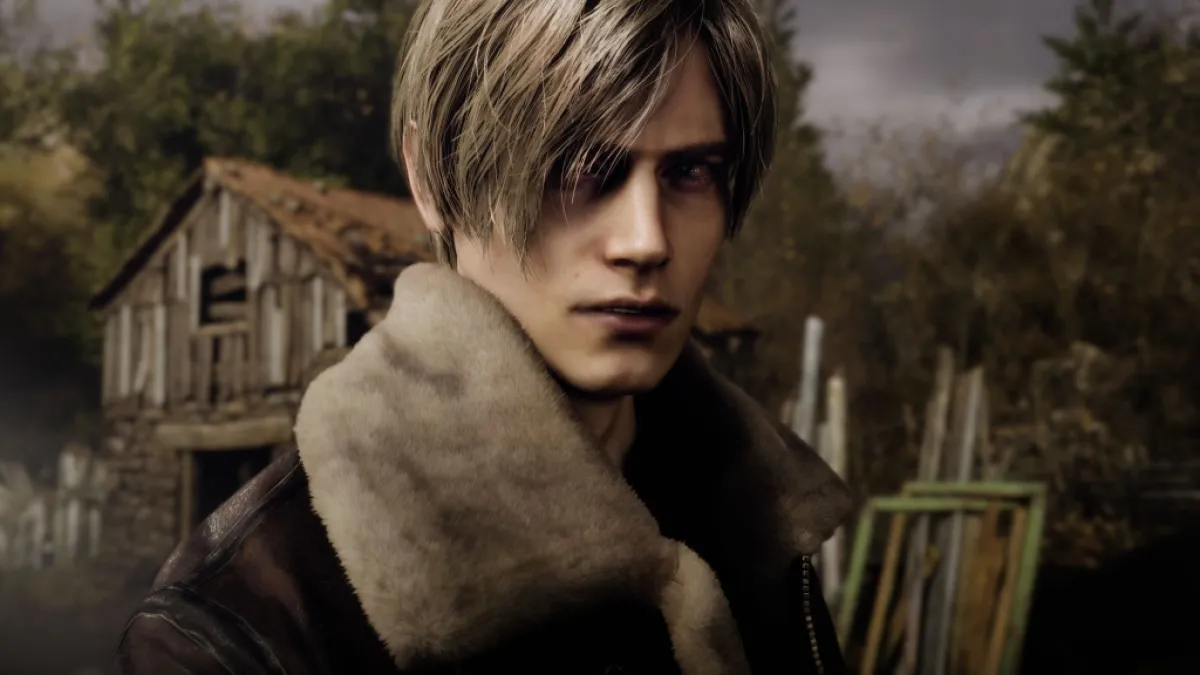
Those two titles aren’t where the buck stops, of course. The reascent of Capcom and its flagship franchises can’t be overlooked. Street Fighter V released in a sorry state. The Resident Evil series was in the dumps, and hardly anyone beyond the small but loving community gave Monster Hunter the time of day. Then, seemingly from the ether came a miracle. The doubleheader that was Resident Evil 7 and Monster Hunter World.
Then Capcom doubled down, putting out quality title after quality title, even if some were remakes. They somehow brought back Resident Evil 2, released Village, expanded the Monster Hunter brand further with Sunbreak, and wowed everyone again with the Resident Evil 4 remake. Oh, and Street Fighter 6 reclaimed the series’ place as one of the premiere fighting games in the world.
These are success stories worth celebrating, not only because the gaming communities who stuck with these franchises were rewarded for their patience and dedication but for the developers, as well. Given the time, budget, and patience of their players, a talented team can work wonders.
Related: How Is Albert Wesker Alive in Resident Evil 4: Separate Ways?
Not Every Game Gets a Comeback
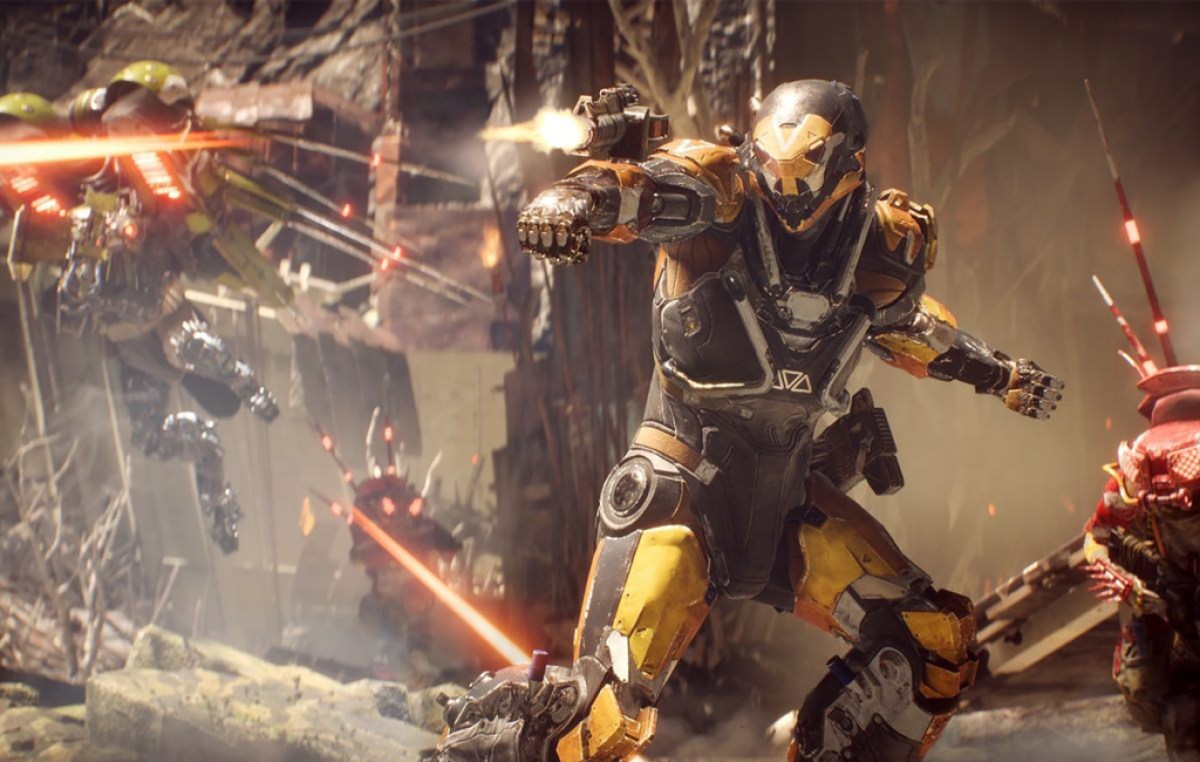
Not every comeback story gets a fairytale ending, sadly. I am one of those dreamers who would have loved to see Anthem Next, the massive 2.0 overhaul that might have given the game new life, come to fruition. But it was not to be. The small team was disbanded, their work mothballed, and any hope of bringing Anthem into a new era disappeared in so much smoke.
Now, there are two new contenders trying to push their way into the comeback kid position. The ill-fated Redfall that, against all odds, is still getting much-needed updates. Then there’s Diablo 4, inheritor of almost as many unreasonable expectations as Cyberpunk 2077, that needs to earn back respect from a series of horrible post-launch decisions. Sure, Redfall released as a stinker, but that was really the only blip it made on the radar. That Microsoft is behind the game anyway might give it the steam to actually be something someday.
Related: Executives Ruined Everything, Inside and Outside Redfall
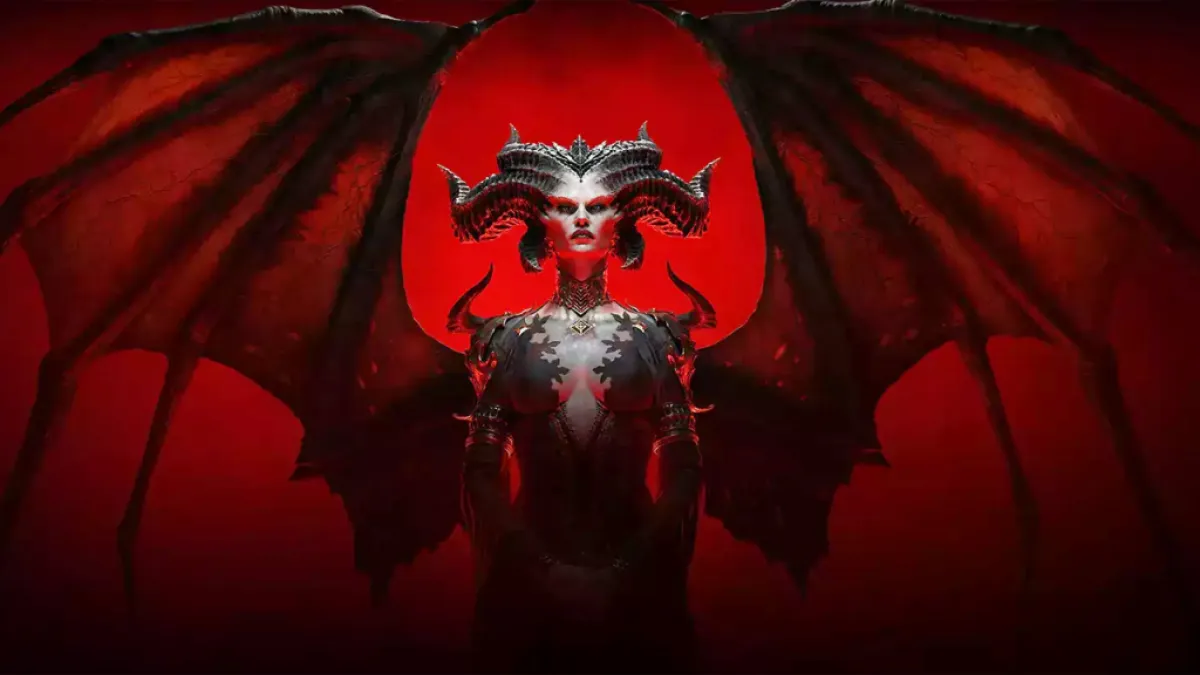
Diablo 4 had the unenviable tasks of reforming the series from Diablo 3 and bringing it back to its heights from Diablo 2. It failed to be another D2, and while certainly better than D3 at launch, it was still not what series veterans wanted. The laundry list of awful decisions in the months following D4‘s release didn’t help.
But wait! Season 2 of Diablo 4 is an overhaul of the game. Loot will be better, farms will be less monotonous, data will be shared across accounts — everything that should have been there months ago is finally coming. And Redfall now gets the money and time it needs to put on some shine!
My incredulousness is palpable, I know. On the one hand, I’m glad that players eventually get the game they want, and I think there is something to be said for being around for the whole trip. I was there for Cyberpunk 2077‘s launch and really enjoyed my time, busted and thin as the game was.
Related: Who Voices Lilith in Diablo 4?
I would be remiss in a piece such as this one, not to mention the Destiny franchise, which has had so many comeback moments it can host a small party for them. The Taken King. Forsaken. The Witch Queen. And now, we can only hope, The Final Shape. The meme in the community is, when Destiny developer Bungie is backed into a corner and must pull a rabbit out of the hat, they succeed. Beyond almost anyone’s expectations. The problem with Destiny 2 is that it falls back on its laurels, riding an ever-shrinking wave of goodwill until it has no place but the corner to go back to.
All of this is not to overlook the part where these games release so woefully undercooked and overhyped that players must hope that they eventually become what was promised after years of patching. It’s not a new problem, and one that’s been harped on endlessly by better critics than I, but it deserves mention here.
FromSoftware Is Another Big Winner
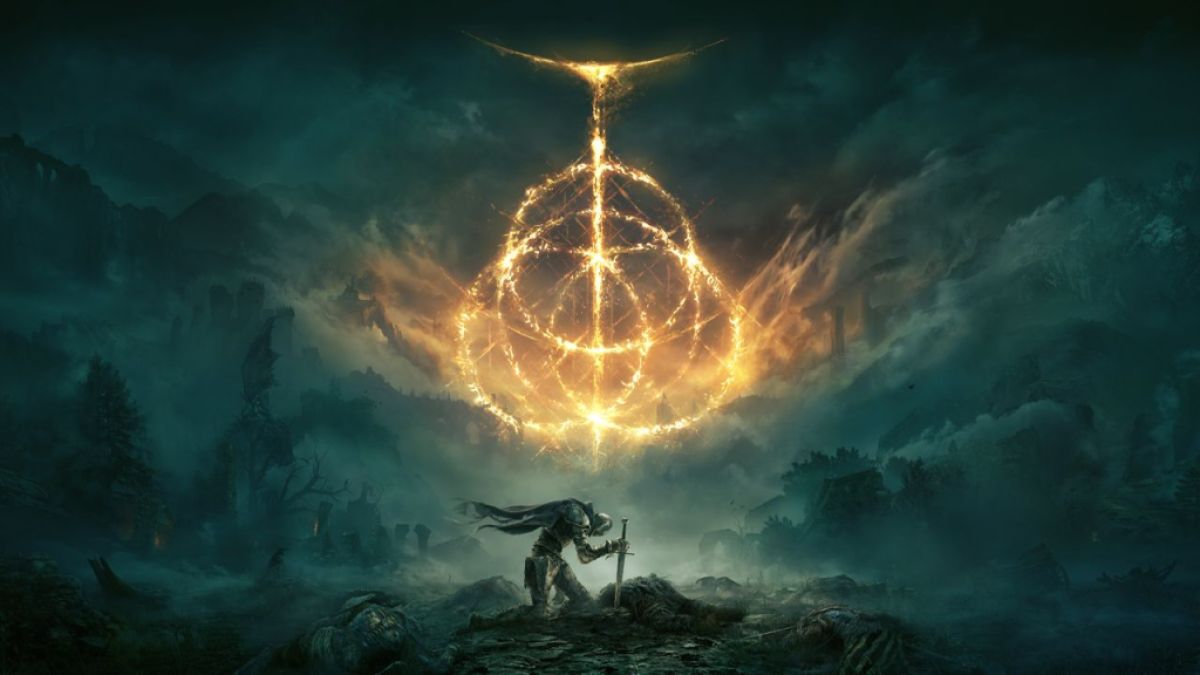
In hopes of not ending on a negative note, I wasn’t to talk about another studio that’s taking the exact opposite approach: FromSoftware. Time was, back in the ’90s and 2000s, there were multiple new FromSoft games every year. Many of these were Armored Core sequels or DLCs repackaged as new games, but the now-legendary developer would also go on to pump out Souls games like they were candy.
Demon’s Souls, Dark Souls, Dark Souls 2, Bloodborne, and Dark Souls 3 all came out within a seven-year span. That’s an almost Call of Duty-style pace if every Call of Duty game released in that kind of timeframe was a masterpiece. And that’s not counting the dozens of other titles the studio would bring to market.
The problem FromSoftware faced, and what players could tell, was that some parts of even the beloved Soulsborne series were incredibly rushed. Fantastic and full of potential, some of it squandered by a frankly absurd release schedule.
Then, Hidetaka Miyazaki took over as president and CEO. In an equivalent seven-year span, from 2016-2023, we’ve seen four games, usually no more than one a year. We got Sekiro, Elden Ring, Armored Core 6, and the experimental VR game Déraciné. I can vouch for three of those four titles as being worth every minute of the dozens of hours I’ve poured into them.
What I’m getting at, then, is that there is a universe where games don’t need comeback stories. Studios don’t need to delay their other creative projects to address a messy launch. However, I know they’ll continue to do so, so for better or worse, we need to be ready for more underdog stories from studios who should know better.

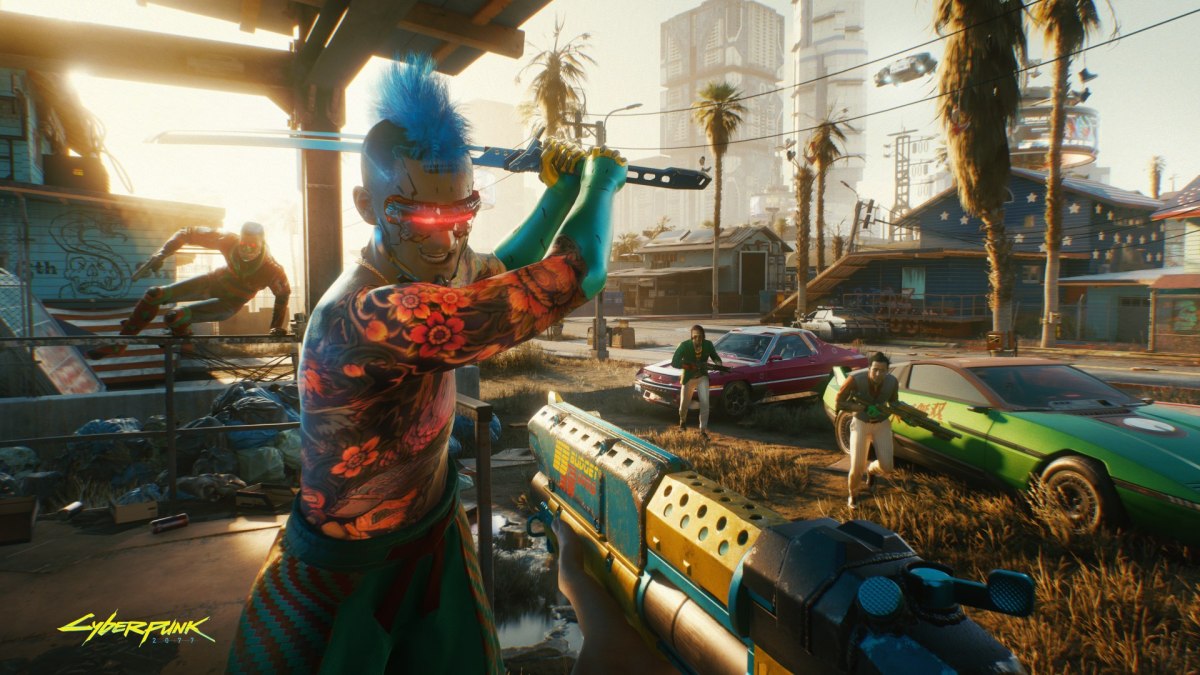




Published: Oct 16, 2023 04:43 pm